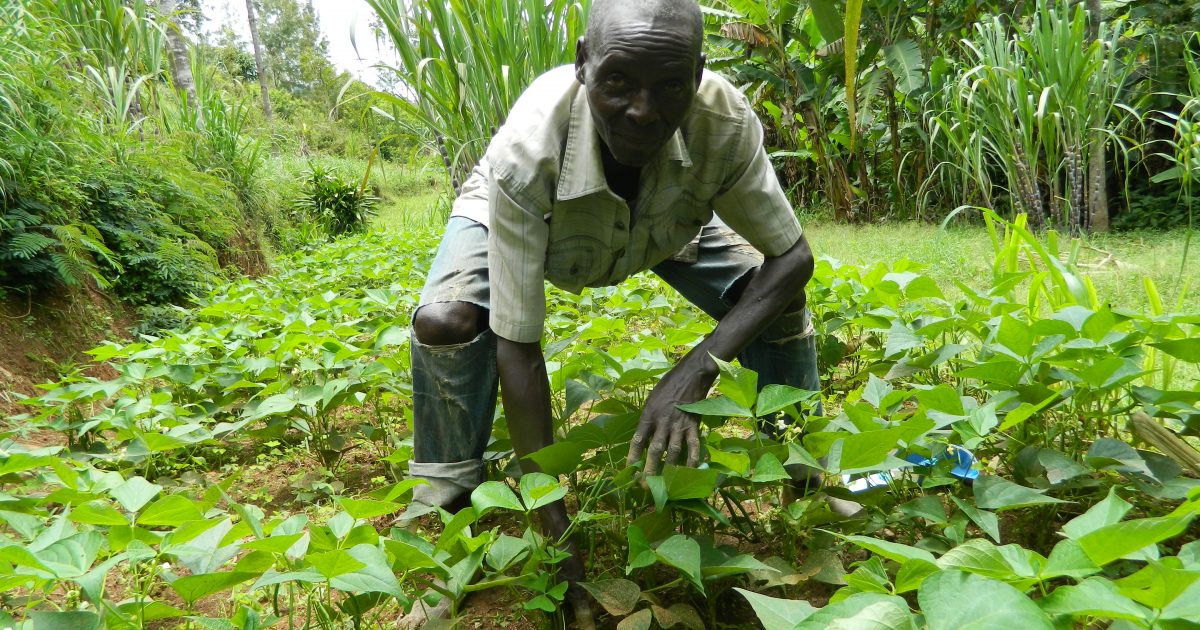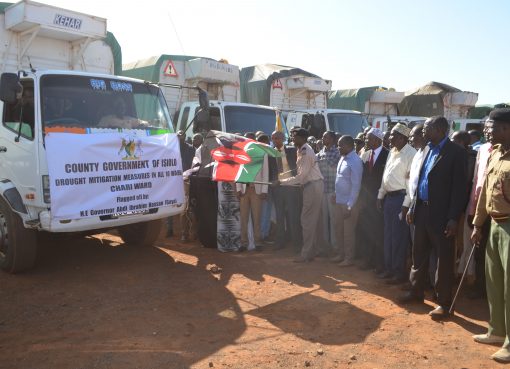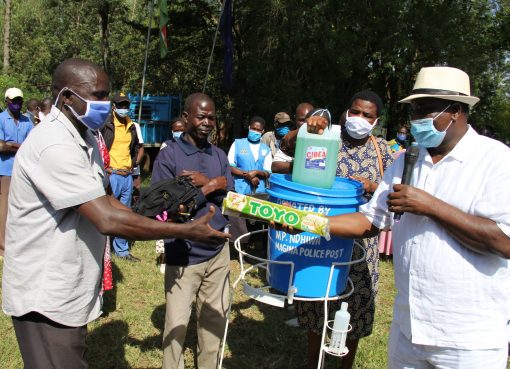In the green and scenic highlands of Wundanyi, Taita Taveta County, an economic revolution has been underway for more than a decade now.
At the center of this transformation are French beans, whose popularity has spread across the slopes of Wundanyi Hills like wild fire, eclipsing farming of traditional crops such as bananas, kales and tomatoes.
First pioneered by a few deep pocketed farmers, the green bean has now become a cash crop of choice, even for residents with scarce financial resources. This is attributed to the high returns the crop is giving back to the farmers.
Grown both under rain-fed and irrigation-based systems, the French bean has become the preferred ‘cash-cow’ crop for hundreds of farmers in the region.
Mr Kisiani Kirigha Mwaita, a 60-years old farmer, said that since he started planting the beans two years ago, he has seen many positive changes. He said the legume earned him the biggest chunk of his total returns in farming.
“I have been farming French beans for two years now. I have paid school fees and I would say my biggest portion of income comes from the beans,” said Mzee Mwaita.
He added, a kilo of the beans is currently selling at Sh57, noting he has produced 200kg of the beans from a small portion of his Shamba in the last one week.
“I have a small portion where I harvested the 200 kilogram. The best thing with French beans is that you do not need big chunk of land to get huge returns,” he disclosed.
Speaking to KNA, Monday, Mr Moses Karonjo, an Officer with VegPro Kenya Limited, a firm that has specialized in buying horticultural products from farmers in the region, said they pay the farmers after every two weeks.
Mr Karonjo said they have witnessed a significant increase in the number of farmers growing the beans.
“We pay our farmers every two weeks. Currently, we are getting 10 tonnes per week from our collection and that is bound to increase as more farmers are now growing the beans,” he said.
French beans is a fast-maturing crop whose harvesting is done three times before the plant stops producing more pods.
The bean plant matures three times faster than most vegetables and four to six times faster than maize.
However, while the green bean whose largest market is in Europe is driving the economic revolution, farmers admit they face a plethora of challenges.
Mzee Mwaita said the crop is labor-intensive and that might be the reason most farmers do not engage in large-scale farming for mass production.
“During the dry season, the crop needs a lot of water that farmers fetch manually from local streams,” he added.
He also said the cost of pesticides and the knowledge gap is also affecting the yield. “If we got assistance to address these challenges, Wundanyi would easily become a leading producer of French beans in the region,” Mzee Mwaita expressed optimism.
By Arnold Linga Masila





